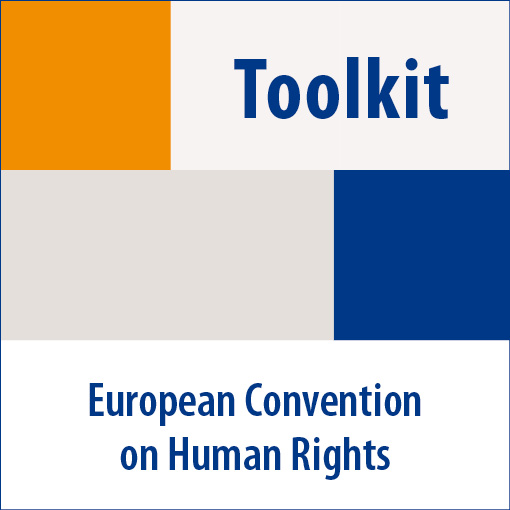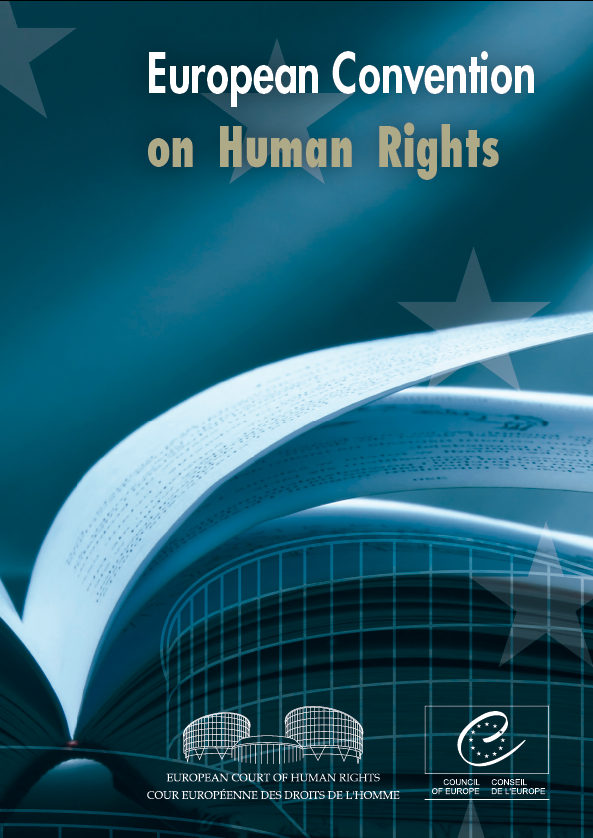Article 11 guarantees two rights to act collectively with others.
Freedom of assembly includes public or private meetings, marches, processions, demonstrations and sit-ins. The purpose may be political, religious or spiritual, social or another purpose; no limit has been imposed on purpose, but any assembly must be peaceful. Incidental violence will not mean an assembly forfeits protection unless it had a disruptive purpose.
Positive obligations: the State has a duty to protect those exercising their right of peaceful assembly from violence by counter-demonstrators. In one case, the police had formed a cordon to keep rival demonstrators apart but failed to prevent physical attack and damage to property. The Court found they had not done enough to enable a lawful demonstration to proceed peacefully (United Macedonian Organisation Ilinden and Ivanov v. Bulgaria).
Restrictions or bans on assemblies require justification under paragraph 2, which is in the common form explained above, requiring restrictions to be (i) prescribed by law (ii) for a permitted purpose and (iii) necessary in a democratic society, proportionate and non-discriminatory (see paragraphs 73 to 75 above). The permitted purposes are:
- national security or public safety;
- prevention of disorder or crime;
- protection of health or morals;
- protection of the rights and freedoms of others.
Authorities have substantial discretion in assessing whether a proposed assembly poses any risk of endangering public safety, etc., which could justify interference, but the presumption must be that a peaceful assembly be allowed. It is not a breach to require prior notification or authorisation but refusing permission is an interference, which requires justification by the strict standards of paragraph 2. There can be a breach even if the assemblies went ahead in defiance of the refusal (Baczkowski v. Poland).
The authorities need to be careful that restrictions are non-discriminatory. The fact that organisers are an unpopular group of individuals is not a sufficient reason to prevent their assembly. So, where an evangelical church was refused permission to hold a service in a park because it might cause discontent among the followers of the majority religion in the area, there was a breach. The role of the authorities in such situations had to be informed by "pluralism, tolerance and broadmindedness". The same principles would apply to minority ethnic or political groups, or to other minorities like lesbians, gays, bisexuals and transsexuals (LGBT) wishing to hold marches and demonstrations.
As decisions on whether to allow demonstrations, etc. are usually for police, this provision is very important. The key will usually be the risk of violence, intentional or not. Its presence may justify restrictions; its absence means restrictions are very unlikely to be justifiable.
Freedom of association is the right to associate with others to form bodies in which to pursue common objectives collectively. It specifically includes the right to form trade unions for the protection of members' interests. As well as trade unions, two sorts of associations of particular importance are political parties and religious bodies.
Bans or restrictions on political parties are hard to justify. The Court has stressed that a plurality of parties is important for a democratic society and will require convincing and compelling reasons for a ban. The fact that a party's programme wanted to debate the situation of part of the state's population did not make it acceptable to ban it for threatening territorial integrity (United Communist Party of Turkey and others v. Turkey). Similar considerations apply when registration as a political party is refused, which operates like a ban.
With religious groups, Article 11 read with Article 9 creates an expectation that believers will be able to associate freely, without State intervention. As with political parties, there is a duty of neutrality and impartiality. A refusal without good reason to re-register a church after a change in the law was in breach of Article 11 (Moscow Branch of the Salvation Army v. Russia).
Trade unions have the right to bargain collectively and to enter into collective agreements (Demir and Baykara v. Turkey). The Court has treated restrictions on industrial action as interferences with freedom of association which the State is required to justify under paragraph 2. By a specific exception to paragraph 2, the exercise of Article 11 rights may be restricted for members of the armed forces, of the police or of the administration of the State. Any such restriction will be strictly construed by the Court.
Most cases on freedom of association complain of the laws of a State or the actions of senior officials or courts. But police and registration officers dealing with prospective or existing associations, especially trade unions and political parties and religious bodies, need to be aware of the duty of impartiality and the need for restrictions to be justified by compelling reasons.




